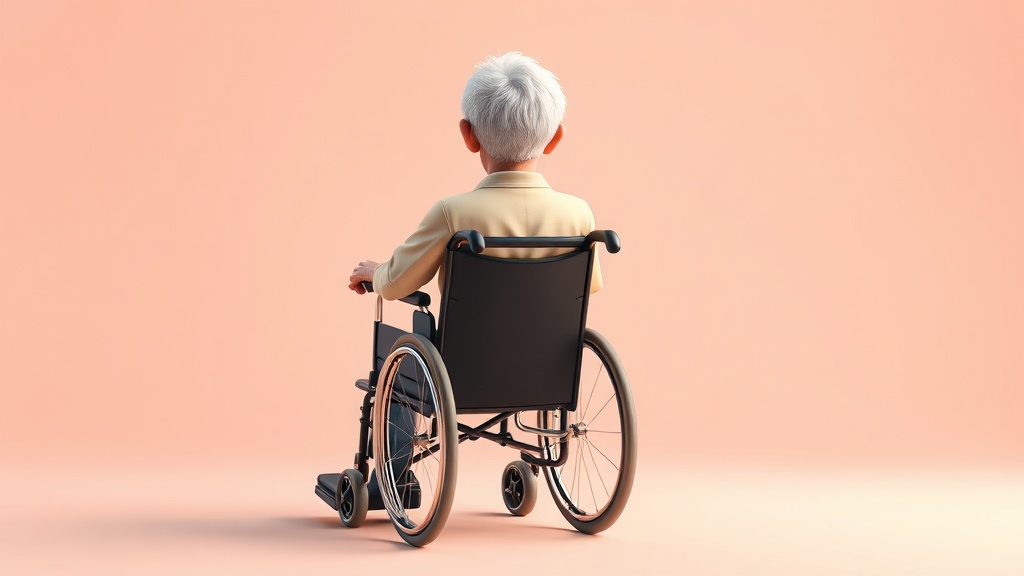Home / Health / Genetic Data Confirms: No Safe Alcohol Intake for Brain Health
Genetic Data Confirms: No Safe Alcohol Intake for Brain Health
16 Nov
Summary
- 2025 study of 500,000+ adults finds dementia risk rises with alcohol intake
- Heavy drinkers have over 40% higher dementia risk, those with disorder 50% higher
- Genetic data shows even modest alcohol use linked to 15% higher dementia risk

According to a major study published in 2025, there may be no safe amount of alcohol when it comes to brain health. The research, led by Anya Topiwala, examined data from over 500,000 adults in the UK Biobank and Million Veteran Programme. The findings paint a concerning picture - dementia risk climbs with every increase in alcohol consumption.
Heavy drinkers were found to have over a 40% higher chance of developing dementia, while individuals with a diagnosed alcohol use disorder had about a 50% higher risk. Researchers also discovered that even modest alcohol intake, the kind many consider routine, showed a measurable increase in dementia risk.
To further validate the results, the team used Mendelian randomization, a method that examines how genetics influence behavior and disease. The genetic signals pointed in the same direction - a slight increase in alcohol consumption was linked to around a 15% higher risk of dementia later in life.
These findings challenge long-held assumptions that light or moderate drinking might be harmless or even beneficial. The study notes that alcohol impacts neuronal health over time, and those brain cells do not repair themselves easily. Reducing alcohol consumption could potentially lower dementia risk by up to 16 percent, but the central message is clear - the less alcohol consumed, the lower the dementia risk.



